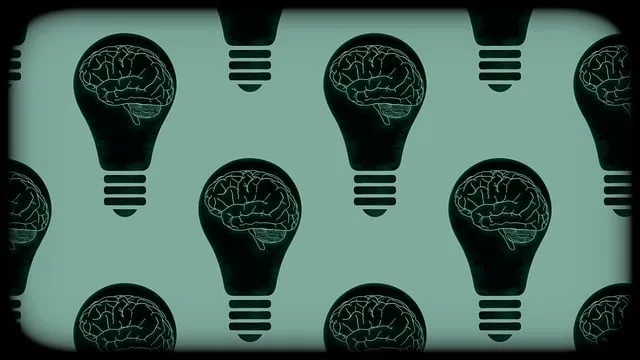Crisis Intervention Teams (CITs) trained by Kaiser Permanente in Northglenn are a vital resource for mental health crises, providing compassionate care and early intervention. These teams, composed of first responders and healthcare professionals, receive specialized training to de-escalate emotional distress and psychotic breaks. Beyond individual crisis resolution, the programs foster mental health literacy and support within the community, preventing escalations that could lead to emergency room visits. Kaiser Permanente's holistic approach integrates mental health education and self-care practices, ensuring CIT members are both competent in critical incident management and resilient in challenging environments, ultimately enhancing overall community resilience.
In the vibrant, bustling community of Northglenn, crisis intervention teams (CITs) play a crucial role in mitigating emotional and psychological emergencies. With the increasing demand for mental health support, well-trained CITs are essential to fostering safer, more resilient communities. This article explores the impact of these teams and delves into specific training programs, like those offered by Kaiser Permanente, that equip responders with effective strategies and skills tailored to Northglenn’s unique needs.
- Understanding Crisis Intervention Teams: Their Role and Impact in Northglenn Communities
- Kaiser Permanente Training Programs: A Comprehensive Approach to Equipping Responders
- Effective Strategies and Skills Taught Through Crisis Intervention Team Training
Understanding Crisis Intervention Teams: Their Role and Impact in Northglenn Communities

Crisis Intervention Teams (CITs) play a pivotal role in addressing mental health crises within Northglenn communities, thanks to dedicated training programs like those offered by Kaiser Permanente. These teams are composed of first responders, healthcare professionals, and other emergency services providers who receive specialized CIT training to effectively manage and de-escalate situations involving individuals experiencing severe emotional distress or psychotic breaks. By integrating self-care practices into their protocols, CIT members ensure they can provide compassionate, trauma-supported care while maintaining their own well-being.
The impact of these Kaiser Permanente training programs extends beyond individual crisis resolution; they foster a culture of mental health literacy and support throughout Northglenn. Trained CIT members become community assets, equipped to recognize warning signs and offer early intervention. This proactive approach helps prevent escalations that could lead to emergency room visits or worse. In light of the growing demand for mental health services, these programs are instrumental in ensuring a robust network of support for both residents and first responders, ultimately enhancing overall community resilience.
Kaiser Permanente Training Programs: A Comprehensive Approach to Equipping Responders

Kaiser Permanente training programs in Northglenn are renowned for their comprehensive approach to crisis intervention team (CIT) preparation. These programs go beyond traditional CIT training, integrating a holistic mental health education component that empowers responders with valuable skills. The focus extends to not just understanding critical incident management but also fostering self-care practices, an essential aspect of managing high-stress situations effectively.
The unique design of these Kaiser Permanente training programs equips participants with strategies for anxiety relief, enabling them to handle crisis scenarios with enhanced resilience. By combining rigorous crisis intervention techniques with mental health education, the programs ensure that responders are not just competent in their roles but also equipped to maintain their well-being in challenging environments.
Effective Strategies and Skills Taught Through Crisis Intervention Team Training

Effective crisis intervention team (CIT) training programs, such as those offered by Kaiser Permanente Northglenn, equip participants with a suite of strategic skills designed to address acute emotional distress. These programs teach essential techniques for de-escalation, active listening, and empathy, enabling healthcare providers to create safe spaces for individuals in crisis. Through interactive simulations and role-play scenarios, CIT training enhances practitioners’ abilities to recognize and respond appropriately to various trauma presentations.
Beyond immediate intervention, Kaiser Permanente Northglenn’s CIT programs emphasize the importance of emotional healing processes and burnout prevention strategies for healthcare providers. Participants learn techniques for self-care and emotional regulation, crucial elements in mitigating the risks associated with prolonged exposure to traumatic situations. By integrating these skills into their clinical practice, healthcare professionals can not only effectively support patients’ immediate needs but also sustain their own well-being in the face of challenging work environments.
Crisis intervention team (CIT) training is a game-changer in fostering resilient communities, as highlighted by Kaiser Permanente’s comprehensive programs in Northglenn. By equipping responders with effective strategies and skills, these training initiatives enable folks to navigate crises, offering hope and support during challenging times. In light of the world’s ever-present need for such interventions, Kaiser Permanente’s commitment to CIT training is a testament to its dedication to revolutionizing crisis response in local communities.






